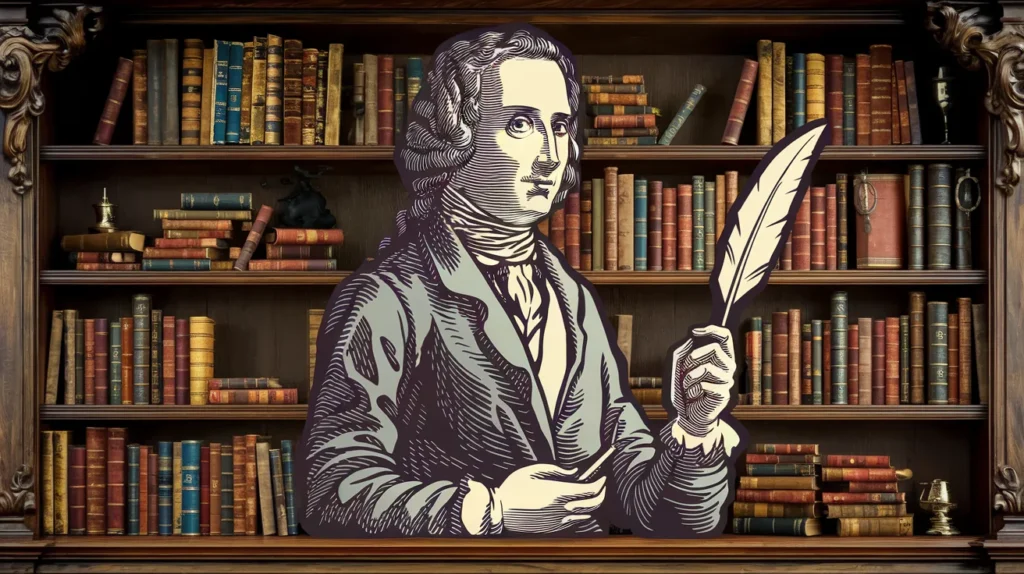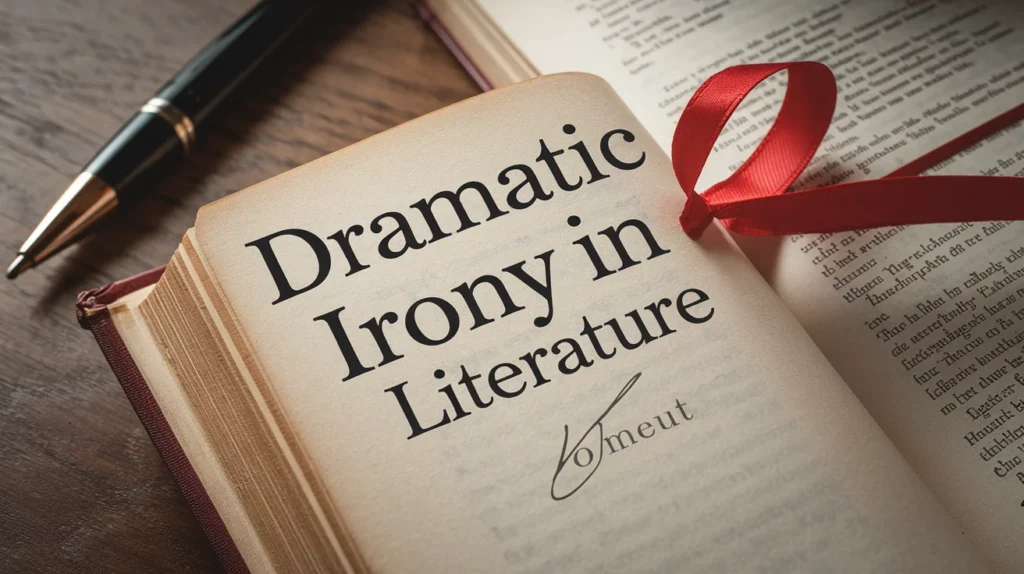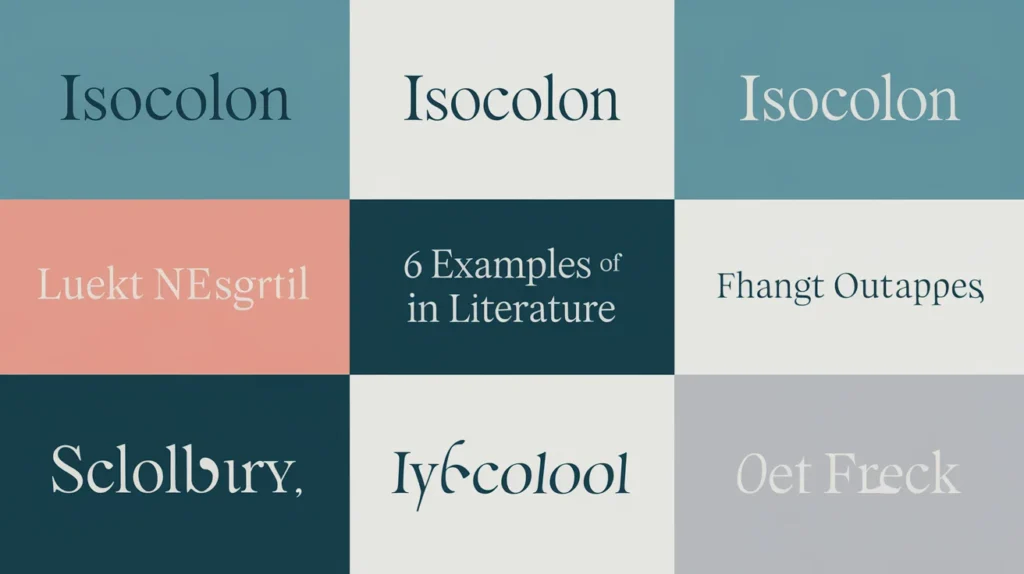Jonathan Swift’s A Modest Proposal is one of the most iconic pieces of satirical literature in history. Written in 1729, this essay uses a blend of shocking humor, sharp wit, and powerful rhetorical devices to critique the British exploitation of Ireland and the apathy of the wealthy toward the poor. In this blog post, we’ll explore the rhetorical devices in “A Modest Proposal”, analyze their significance, and understand how Swift’s writing style and themes continue to resonate today.
Introduction to “A Modest Proposal”
A Modest Proposal is a satirical essay by Jonathan Swift, written during a time of extreme poverty and suffering in Ireland. Under British rule, the Irish faced harsh economic policies, famine, and exploitation. Swift, an Irish writer and clergyman, used this essay to propose a shocking solution to Ireland’s problems: selling Irish children as food to the wealthy.
While the proposal is grotesque and absurd, it serves as a scathing critique of British colonialism, the indifference of the ruling class, and the failure of rational solutions to address human suffering. Swift’s use of rhetorical devices is central to the essay’s effectiveness, making it a timeless piece of political satire.
Summary of “A Modest Proposal”
In A Modest Proposal, Swift presents a seemingly logical argument for solving Ireland’s poverty crisis. He suggests that poor Irish families should sell their one-year-old children to the rich as a source of food. The essay is written in a formal, rational tone, which contrasts sharply with the horrifying nature of the proposal.
Swift provides detailed calculations to support his argument, such as the number of children that could be sold, the economic benefits, and even recipes for preparing the children as meals. The essay ends with a disclaimer that Swift himself has no personal interest in the proposal, as his children are too old to be sold.
This shocking premise is not meant to be taken literally but is a satirical tool to expose the inhumanity of British policies and the moral bankruptcy of those in power.
Themes in “A Modest Proposal”
Swift’s essay explores several key themes that remain relevant today:
- Economic Exploitation: The essay highlights how British policies drained Ireland’s resources and left its people in poverty.
- Moral Indifference: Swift critiques the wealthy’s lack of empathy for the poor, using the grotesque proposal to mirror their dehumanization of the Irish.
- Satire as Social Commentary: By using humor and exaggeration, Swift forces readers to confront uncomfortable truths about society.
These themes are woven throughout the essay, amplified by Swift’s masterful use of rhetorical devices.
Writing Style of “A Modest Proposal”
Swift’s writing style in A Modest Proposal is a blend of formal logic and dark humor. He adopts the tone of an economist or politician, presenting his argument with cold, calculated reasoning. This tone makes the proposal seem even more disturbing, as it mirrors the way real-world policies often ignore human suffering in favor of profit.
The essay is also rich in irony and sarcasm, which are central to its satirical impact. Swift’s ability to balance humor with horror is what makes the essay so powerful and memorable.
Rhetorical Devices in “A Modest Proposal”
Swift employs a variety of rhetorical devices to convey his message and engage the reader. Let’s explore each one in detail:
Understatement
Swift often downplays the severity of his proposal to highlight its absurdity. For example, he describes the sale of children as a “modest” solution, making the reader question how such a horrific idea could be considered modest.
“I shall now therefore humbly propose my own thoughts, which I hope will not be liable to the least objection.”
This understatement forces readers to confront the moral implications of the proposal and the societal attitudes it critiques.
Apophasis
Apophasis is when an author brings up a subject by denying it. Swift uses this device to subtly introduce his shocking ideas while maintaining a tone of rationality.
“I profess, in the sincerity of my heart, that I have not the least personal interest in endeavouring to promote this necessary work.”
By denying his personal interest, Swift ironically draws attention to the inhumanity of the proposal.
Rhetorical Questions
Swift uses rhetorical questions to challenge the reader’s assumptions and provoke thought.
“What shall we do with these children? They cannot be employed in trade or agriculture; they are too young to steal.”
These questions force readers to consider the lack of viable solutions for the poor, highlighting the failure of existing policies.
Euphemisms
Euphemisms soften harsh realities, making them more palatable. Swift uses this device to describe the sale and consumption of children in a way that mirrors the dehumanizing language often used by policymakers.
“A child will make two dishes at an entertainment for friends.”
This casual description of a horrific act underscores the moral indifference of the wealthy.
Grotesque Imagery
Swift’s use of vivid, shocking imagery is central to the essay’s impact. He describes the preparation and consumption of children in graphic detail, forcing readers to confront the horror of his proposal.
“A young healthy child well nursed is at a year old a most delicious, nourishing, and wholesome food.”
This grotesque imagery serves as a metaphor for the exploitation and dehumanization of the Irish people.
Irony
Irony is the cornerstone of Swift’s satire. The entire essay is built on the contrast between the rational tone and the horrifying content.
“I can think of no one objection that will possibly be raised against this proposal.”
This statement is deeply ironic, as the proposal is clearly objectionable on moral and ethical grounds.
Hyperbole
Swift uses exaggeration to emphasize the absurdity of the situation. For example, he calculates the exact number of children that could be sold and the economic benefits of doing so.
“Of the 120,000 children, 20,000 may be reserved for breed.”
This hyperbolic detail highlights the cold, calculating nature of the proposal.
Logic and Reason
Swift adopts the language of logic and reason to mock the way policymakers often justify inhumane decisions.
“The number of souls in this kingdom being usually reckoned one million and a half, of these I calculate there may be about 200,000 couple whose wives are breeders.”
This pseudo-scientific approach underscores the absurdity of using logic to justify moral atrocities.
Allusion
Swift makes subtle references to contemporary issues and figures, adding layers of meaning to his critique.
“I grant this food will be somewhat dear, and therefore very proper for landlords, who, as they have already devoured most of the parents, seem to have the best title to the children.”
This allusion to the exploitation of Irish tenants by British landlords adds depth to Swift’s satire.
Metaphors
Swift uses metaphors to compare children to commodities, highlighting the dehumanization of the poor.
“These children are seldom the fruits of marriage, a circumstance not much regarded by our savages.”
This metaphor critiques the way society views the poor as less than human.
Analysis of Key Passages
Let’s examine a few key passages to see how Swift’s rhetorical devices work together:
- The Proposal:
“A young healthy child well nursed is at a year old a most delicious, nourishing, and wholesome food.”- Devices Used: Grotesque imagery, irony, euphemism.
- Effect: Shocks the reader while critiquing societal indifference.
- The Calculation:
“Of the 120,000 children, 20,000 may be reserved for breed.”- Devices Used: Hyperbole, logic and reason.
- Effect: Highlights the absurdity of using cold calculations to justify moral atrocities.
Impact and Legacy of “A Modest Proposal”
Swift’s essay remains a powerful example of how satire can be used to critique societal issues. Its use of rhetorical devices has influenced countless writers and activists, and its themes of economic exploitation and moral indifference continue to resonate in modern discussions of social justice.
Conclusion
Jonathan Swift’s A Modest Proposal is a masterclass in the use of rhetorical devices to deliver a powerful message. By blending humor, irony, and logic, Swift forces readers to confront uncomfortable truths about society. His essay remains a timeless reminder of the power of satire to challenge injustice and inspire change


